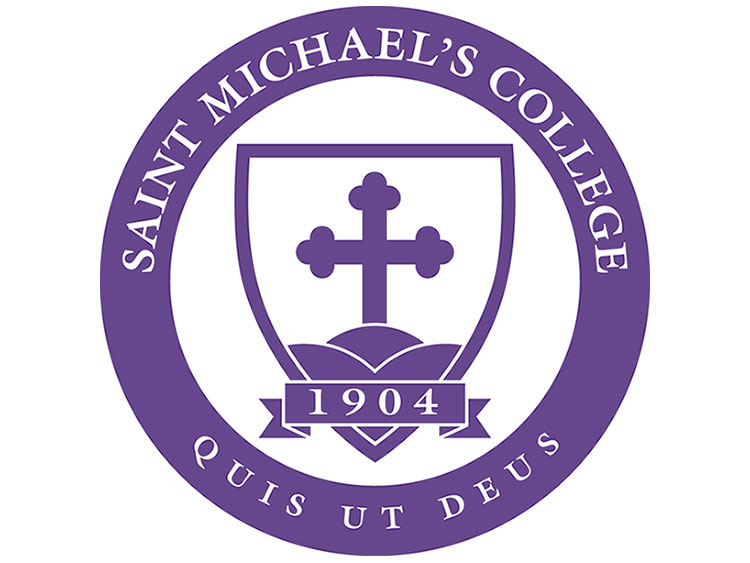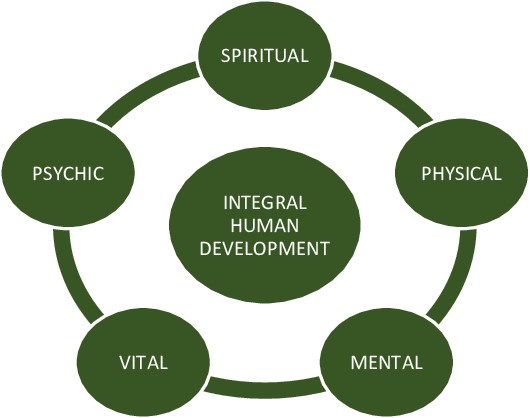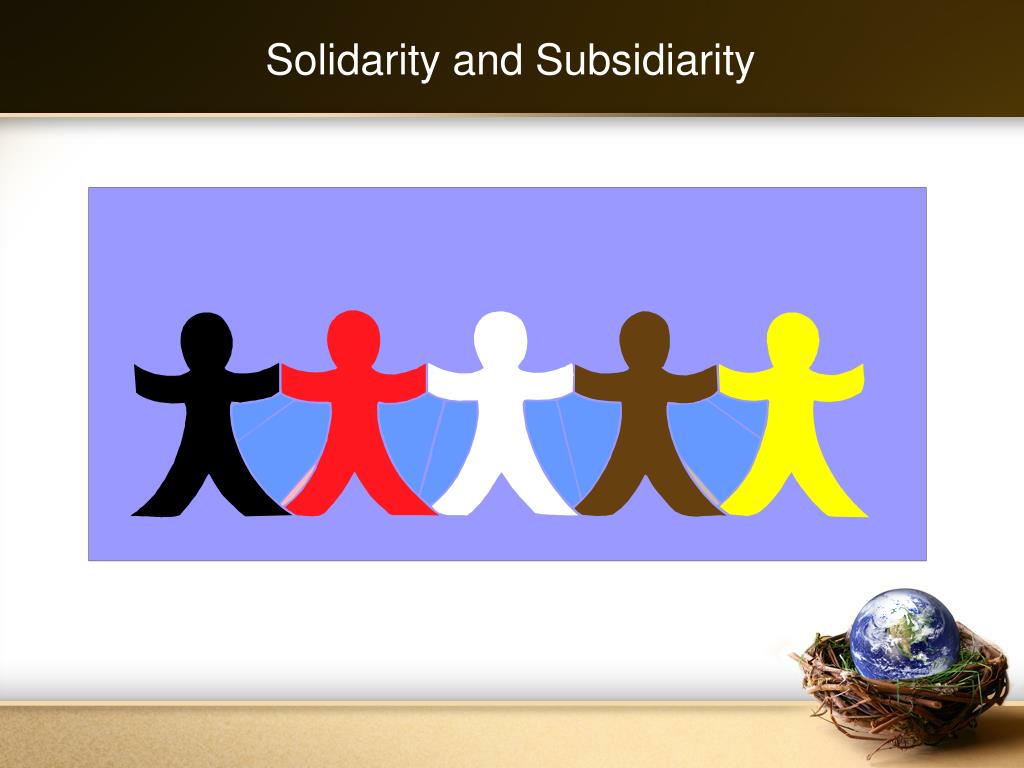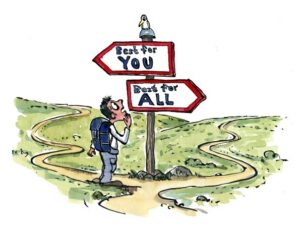 In Catholic social teaching, the idea of the “common good” is more than a noble aspiration. It is a foundational principle that shapes how we live together in society. Rooted in Scripture, developed by the Church Fathers, and refined through centuries of theological reflection, the “common good” refers to the social conditions that enable all individuals and groups to reach their full human potential. It is about building a community where dignity is respected, needs are met, and people can flourish, not just individually but collectively.
In Catholic social teaching, the idea of the “common good” is more than a noble aspiration. It is a foundational principle that shapes how we live together in society. Rooted in Scripture, developed by the Church Fathers, and refined through centuries of theological reflection, the “common good” refers to the social conditions that enable all individuals and groups to reach their full human potential. It is about building a community where dignity is respected, needs are met, and people can flourish, not just individually but collectively.
The Catholic understanding of the common good insists on a delicate balance. While respecting individual freedom, we are also called to promote the well-being of others. This balance naturally leads to another essential Catholic social principle: rights and responsibilities.
Rights and responsibilities are inseparably linked to the pursuit of the common good. Every human being possesses fundamental rights, simply by virtue of being made in the image and likeness of God. These rights include access to what is necessary for a dignified life, such as food, housing, work, education, and participation in civic life. However, Catholic teaching stresses that rights do not exist in isolation. With every right comes a corresponding responsibility to protect the rights of others, to contribute to the common good, and to promote conditions that allow all to thrive.
Understanding rights in the context of the common good guards against two extremes: a selfish individualism that disregards the needs of others, and a collectivism that overlooks the dignity of the person. Catholic teaching offers a different vision, one where personal rights are honored but always within a framework of mutual care and obligation.
 In today’s world, these Catholic principles find an important echo in the work of Diversity, Equity, and Inclusion (DEI) initiatives. DEI efforts aim to create environments where all individuals, regardless of their background, are valued, respected, and given equitable opportunities. When viewed through a Catholic lens, DEI’s focus on inclusion and justice complements the Church’s call to solidarity and the protection of human dignity.
In today’s world, these Catholic principles find an important echo in the work of Diversity, Equity, and Inclusion (DEI) initiatives. DEI efforts aim to create environments where all individuals, regardless of their background, are valued, respected, and given equitable opportunities. When viewed through a Catholic lens, DEI’s focus on inclusion and justice complements the Church’s call to solidarity and the protection of human dignity.
Pope Francis, in his 2015 address to the United States Congress, captured this spirit of solidarity beautifully when he said:
“Let us treat others with the same passion and compassion with which we want to be treated. Let us seek for others the same possibilities which we seek for ourselves. […] If we want security, let us give security; if we want life, let us give life; if we want opportunities, let us provide opportunities.”
Throughout his pontificate, Pope Francis consistently emphasized that building a just society was not only about protecting individual rights but about ensuring that the vulnerable were uplifted, the marginalized included, and the dignity of every person safeguarded. His vision challenged people of all faiths and political affiliations to renew their commitment to the dignity of every human life.
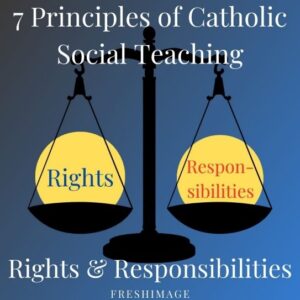 In practice, this means that advocating for the marginalized, welcoming diversity, and promoting structures of inclusion are not optional acts of charity. They are obligations grounded in our shared human dignity and the pursuit of the common good. When we defend the rights of the vulnerable and take responsibility for one another’s welfare, we strengthen the very fabric of society.
In practice, this means that advocating for the marginalized, welcoming diversity, and promoting structures of inclusion are not optional acts of charity. They are obligations grounded in our shared human dignity and the pursuit of the common good. When we defend the rights of the vulnerable and take responsibility for one another’s welfare, we strengthen the very fabric of society.
In short, the Catholic vision of social justice teaches that building a just and inclusive society requires affirming both rights and responsibilities. It calls each of us beyond self-interest toward a deeper solidarity, where the good of one is intimately tied to the good of all. The common good is not an abstract idea; it is the horizon toward which our rights, responsibilities, and efforts for diversity and inclusion must always be directed.
If you would like to make a comment or ask a question, I can be reached at dtheroux@smcvt.edu. Let’s talk!

For all press inquiries contact Elizabeth Murray, Associate Director of Communications at Saint Michael's College.



